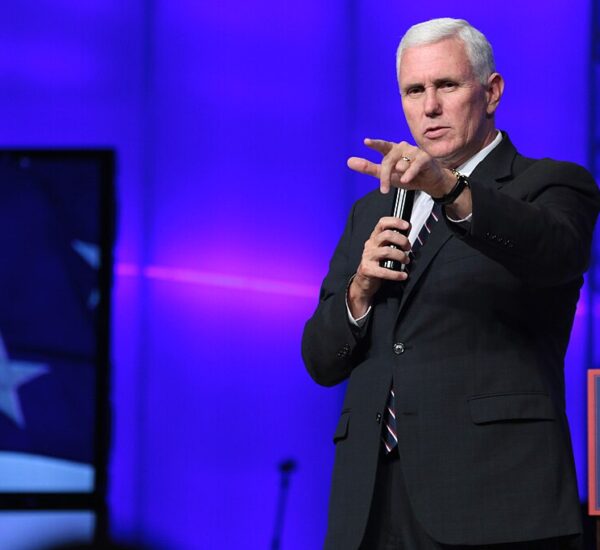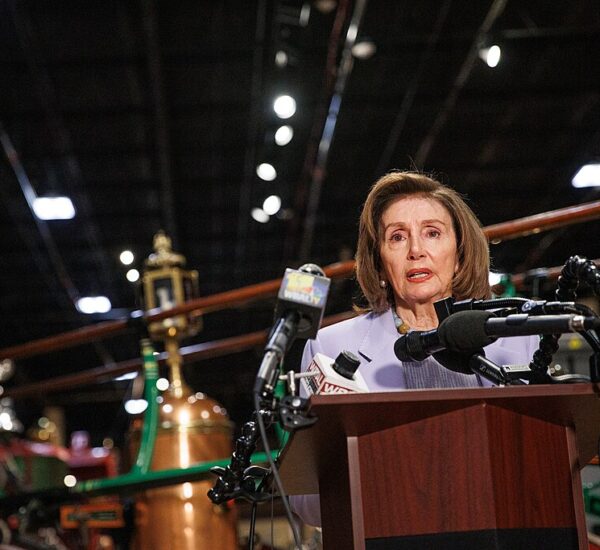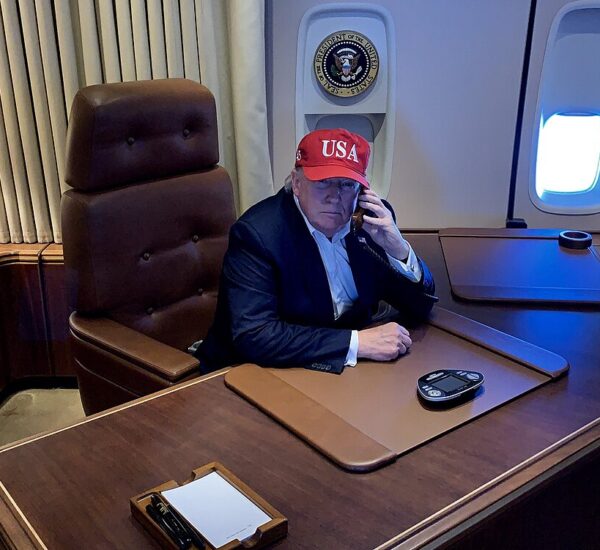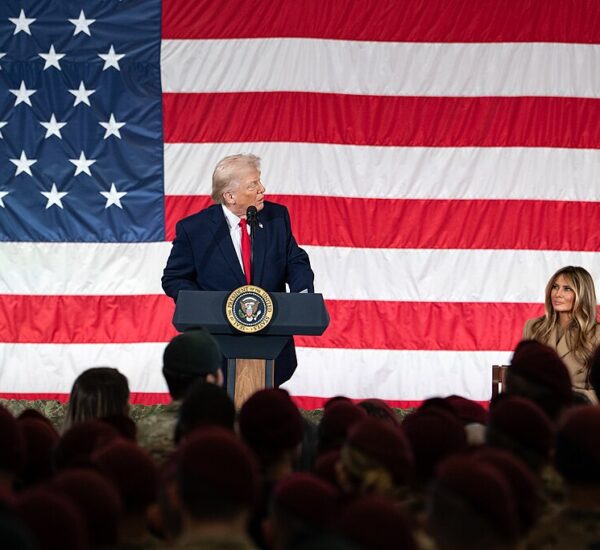Trump Ditches The Supreme Court
Former President Donald J. Trump confirmed Sunday that he will not attend this week’s Supreme Court hearing over his authority to impose sweeping tariffs on foreign nations, calling the decision “one of the most important in U.S. history.”
Trump made the announcement on Truth Social, saying he didn’t want to distract from the magnitude of the case.
“I’ve decided not to attend the Court on Wednesday because I don’t want to take attention away from how crucial this decision really is,” Trump shared on Truth Social. “In my view, it’s one of the most significant rulings the Supreme Court has ever faced. If we prevail, America will become the strongest and most prosperous nation on Earth — by far. But if we don’t, our country could slide toward Third World conditions. Let’s pray that doesn’t happen.”
Trump warned that stripping a president of the power to use tariffs would mean the “ruination of our nation.” He argued that such authority is vital for protecting American manufacturing, jobs, and economic independence in a world where global competitors — especially China — exploit weak trade policies.
On Wednesday, the Supreme Court will hear arguments on whether Trump had the legal right to use the International Emergency Economic Powers Act (IEEPA) to impose broad, emergency tariffs on imports. The case could redefine how much power a president has to protect American workers from unfair foreign trade practices.
Trump became the first U.S. president to invoke the IEEPA for tariffs — a move that sparked outrage among Democrat-led states and globalist trade groups, who sued to block the policy. Last month, the U.S. Court of Appeals for the Federal Circuit sided with the challengers in a narrow 7-4 ruling, arguing that Trump exceeded his authority.
Now, the Supreme Court’s conservative majority will decide whether those powers can remain intact.
Critics, mostly left-leaning economists, claim Trump’s tariffs would raise consumer prices. But Trump’s supporters say the policy gave America leverage to negotiate better trade deals, restore factory jobs, and reduce dependency on China — achievements that many voters credit for reviving the economy before 2020.
For millions of Americans who remember the manufacturing boom under Trump’s first term, the stakes couldn’t be higher. The upcoming decision could determine whether the next generation enjoys a strong, independent America — or faces a weakened, globalized economy dominated by foreign interests.







“Media Says Trump ‘Hates’ Immigrants, You Agree?”
what i agree on is that the so-called “media” dwells on so much fantasy that if one wants any truth, their best bet is to believe the exact opposite of whatever the media is spinning/spreading.